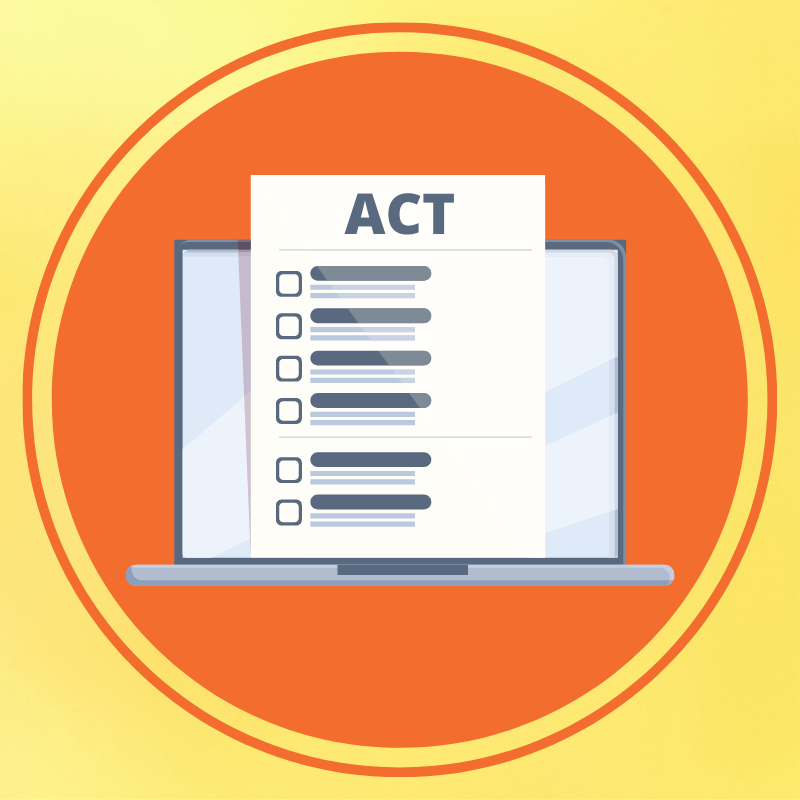In December 2023 the digitized ACT will make its debut, following suit of the new SAT practices. This change was made to support the move towards a more inclusive and comprehensive testing environment for the class of 2026 and beyond. Paper and pen? Who’s heard of them?
As we delve deeper into the age of technology, the things we once knew as normal are becoming obsolete. Traditional schooling practices are evolving for the new generations, who are raised in a world where typing takes precedence over handwriting. Online class platforms, work, and now, standardized testing, are instrumental to the high school experience. Seniors are the only class not affected by the change in ACT policy since by December most will have already completed their share of standardized testing. “I think this digital platform is a more practical way of doing things,” said senior Jordan Guyton. “However I am glad I got to take it on paper.”
Unlike the SAT, the ACT’s digital format will not stray far from its currently established standards. Question count, timing, and registration processes will remain consistent, and the test will not turn over to adaptive methods–meaning difficulty will not adjust based on the test-taker’s performance. However, now students will be able to use accessibility resources such as zoom-in, text-to-speech, and answer marking. This is in an attempt to simplify standardized testing processes and allow more students to reach their academic goals. “I wish they would make it more like the digital SAT,” said junior Adeline Briggs. “Shorter time, adaptive questions, and so forth.”
Some aspects of the switch-over remain uncertain. One such issue has arisen concerning the distribution of the digital test among communities that have less access to technology and it has yet to be resolved. Since test fees will remain the same, the ACT will not become as affordable or as accessible as it proposes. Additionally, worries over the effectiveness of today’s ACT prep methods for a digital forum have created concern in the scholarly community. “I have done a lot of practice in the ACT prep book,” said Junior Henry Hughes. “But I’m afraid that I’ll be preparing for the wrong thing.”
Despite this relatively new development, the ACT has been online since 2016 for state and district testing, and internationally since 2018. However, the upcoming release will present the opportunity for online testing nationally. Still, students will get to personally decide which format they wish to take the test in even though registration for paper tests will be scarce. “I think I’ll stick to the paper test when I start taking the SAT,” said freshman Emma Leznik.
Whether an SAT or ACT taker, it is likely that by the time 2024 hits, future classes will be going digital for standardized testing. So, bid adieu to the old paper-and-pen and welcome in the digital era with a user-friendly and more efficient examination experience.
ACT Goes Digital: A New Era of Testing
Sara Roman, Staff Writer
November 29, 2023
1
More to Discover














